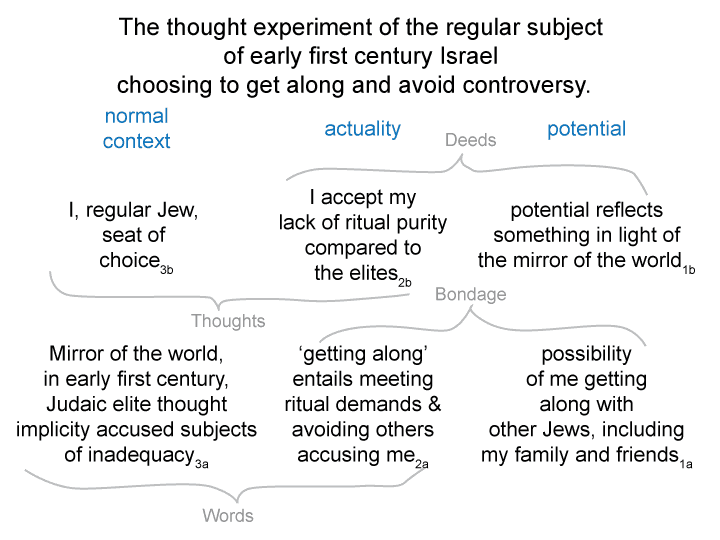Man and Sin by Piet Schoonenberg (1964) 2.3 LT
[Turn on Progressive TV to see a parade similar to the Second Temple.
The elites of Big government Liberalism demand ritual purity. They demand that the average citizen give up “his” stuff. They say that the average citizen does not get along. They have buckets of nasty labels for the deplorables.
They say that the average citizen is intolerant unless “he” conforms to the multitudinous ritual decrees of the Progressive state, universities and various other sovereign-loving affiliations.]


